International Conference on Polygeneration 2025
© 2025 Polygeneration. Created for free using WordPress and Kubio
FULL-TEXT SUBMISSION DEADLINE EXTENDED TO JULY 31, 2025!
Invitation
We are pleased to announce the 8th International Conference on Polygeneration (ICP2025), taking place from 9th to 11th October 2025, in Antalya, Türkiye. This year, ICP2025 will gather global experts to discuss cutting-edge advancements and strategies in polygeneration systems, featuring keynotes, technical sessions, and panel discussions that address the critical role of polygeneration in sustainable, low-carbon, and resource-efficient energy solutions.
By bringing together researchers, industry leaders, and policymakers from around the world, ICP2025 aims to inspire forward-thinking dialogue and collaboration. Together, we will explore innovative technologies and policy frameworks to shape the future of polygeneration and accelerate progress toward a climate-neutral world.
Join us in Antalya to exchange insights and contribute to a sustainable energy future!
Prof. Dr. Onder Kizilkan
Conference Chair
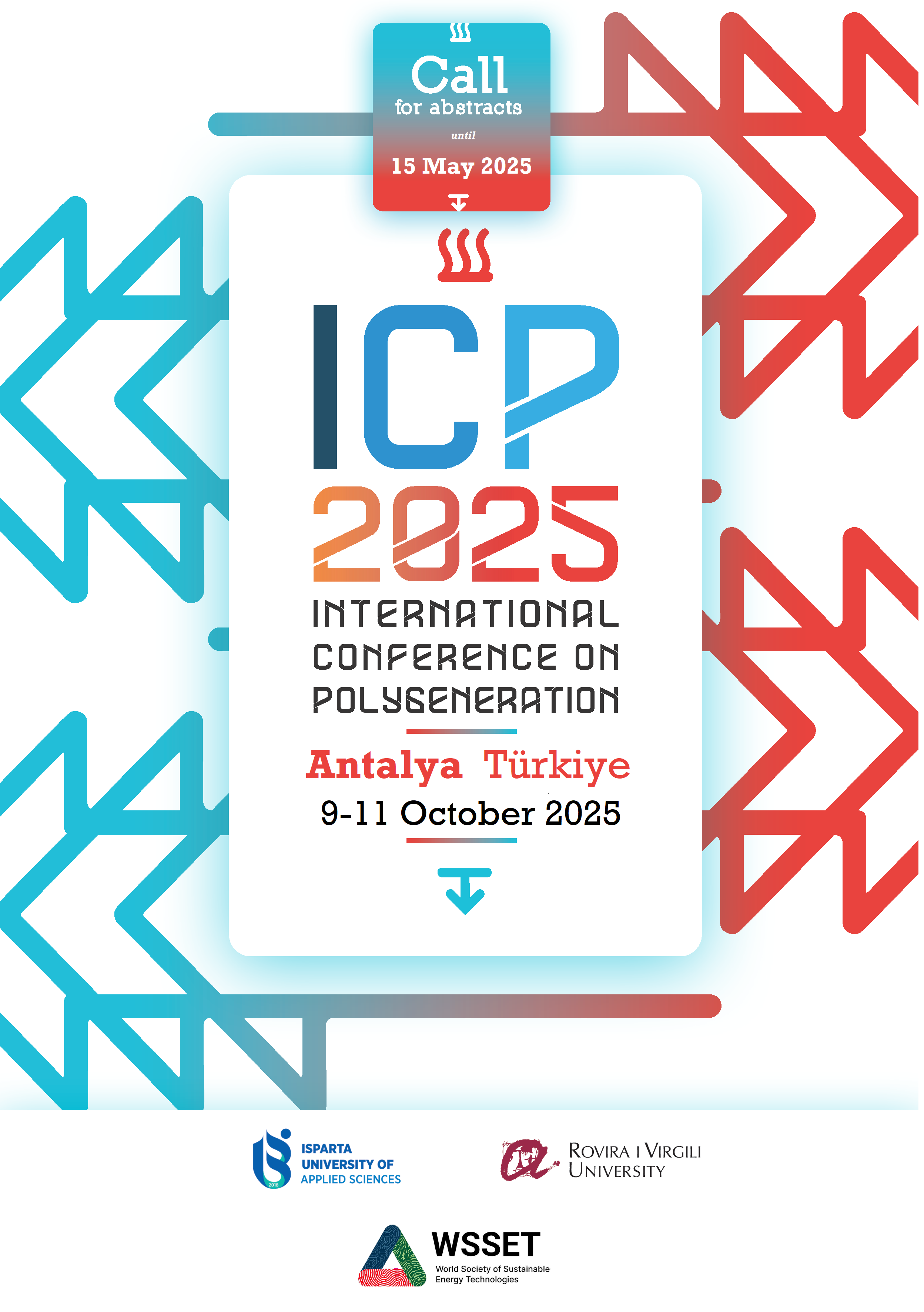
Selected papers wıll be publıshed as a specıal ıssue ın:
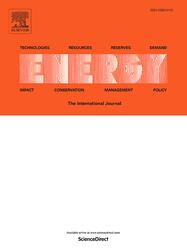
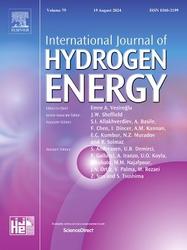
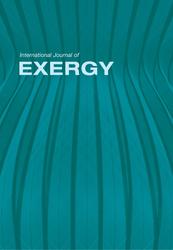
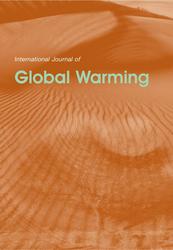
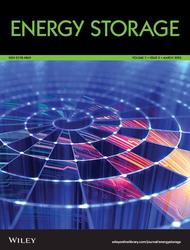
© 2025 Polygeneration. Created for free using WordPress and Kubio

